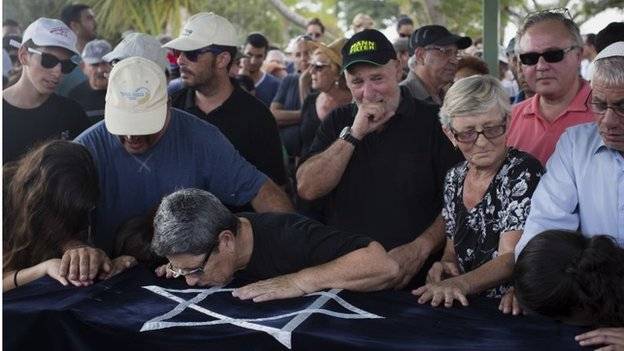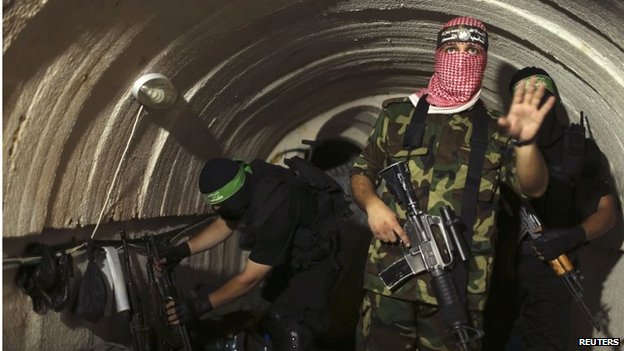aris2chat
Gold Member
- Feb 17, 2012
- 18,678
- 4,687
- 280
And Israel should disregard it's security???????
Publish: 10/31/2014, 10:22 PM
Reuters
A rocket from Gaza was fired on Friday night towards the Eshkol region in southern Israel.
The rocket was detected by the IDF’s tracking system. It exploded in an open region, likely within Gaza and not in Israeli territory, and for this reason the “red alert” rocket siren was not heard.
There were no reports of physical injuries or damages.
Friday’s incident marks the second time since the end of last summer’s Operation Protective Edge that Gaza terrorists have attempted rocket fire towards Israel.
Last month, a mortar attack was launched by Gazan terrorists against southern Israel, in breach of a ceasefire signed in August. Hamas, which breached numerous ceasefires during the operation, denied responsibility for the attack and later announced it had arrested the perpetrators.
The sides were supposed to resume Egyptian mediated talks on a permanent ceasefire, but Egypt announced this week that the talks would be postponed until mid-November.
Publish: 10/31/2014, 10:22 PM
Reuters
A rocket from Gaza was fired on Friday night towards the Eshkol region in southern Israel.
The rocket was detected by the IDF’s tracking system. It exploded in an open region, likely within Gaza and not in Israeli territory, and for this reason the “red alert” rocket siren was not heard.
There were no reports of physical injuries or damages.
Friday’s incident marks the second time since the end of last summer’s Operation Protective Edge that Gaza terrorists have attempted rocket fire towards Israel.
Last month, a mortar attack was launched by Gazan terrorists against southern Israel, in breach of a ceasefire signed in August. Hamas, which breached numerous ceasefires during the operation, denied responsibility for the attack and later announced it had arrested the perpetrators.
The sides were supposed to resume Egyptian mediated talks on a permanent ceasefire, but Egypt announced this week that the talks would be postponed until mid-November.



